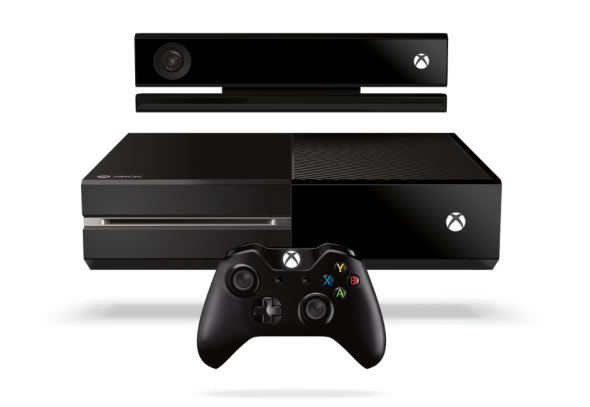
How Microsft Almost Killed The Xbox One Before It Even Launched
With a whopping user base of over 13 million owners worldwide, the Xbox One has achieved a moderate amount of success in comparison to the PS4, which has a user-base of over 22 million. However, many experts proclaim that those numbers would have been significantly lower, if Microsoft didn’t change its stance on its second hand Xbox One games policy which caused an outcry amongst millions of Xbox supporters all over the world. In this overview we’ll take a look at how Microsoft almost killed the Xbox One before it even launched.
On June 6, 2013, Microsoft released an article on its website in which it shed some light on their intended gaming licensing policy. Due to the content of the article and the fact that their policy was specifically aimed at players who purchased used games, it sparked an outcry amongst millions of gamers. The details of their intended policy were as follows;
1) Trade In To Specific Retailers Only
One of the new changes that they wanted to implement with the Xbox One system, was that Microsoft wanted to limit the amount of places that an individual could trade-in a game. For example, customer to customer stores such as E bay would have been under its list of “participating retailers,” but customer to company trade-in stores would of been out of the equation. Additionally, Microsoft had also stated that disc rental services would of been out of the equation as well.
To put things in retrospect, lets take a look at the over hyped multiplayer shooter, Destiny. Despite the fact that the marketing team behind this game, proclaimed that it would be a phenomenal game that will bring groundbreaking innovations to the multiplayer scene, many players felt that Bungie’s Destiny was repetitive and not worth the price of $59.99. As such, it came as no surprise that many people proclaimed that they sold the game back to the retailer, the very same day that they bought it, due to this fact. Now imagine how angry they would of been, if Gamestop told them that the only way they could trade-in the game was through Amazon, Ebay or Craigslist.
2) One Time Resale Only
Besides the fact that Microsoft wanted to limit the consumer’s options when it came to the places they would of been able to trade in their games for cash to, they wanted to limit the amount of times a player could sell a game as well. Said in simple terms, once a new game was sold from one user to another user, it could not be sold to a third user. To makes things worse, on top of this, they also proclaimed that gamers who did purchase second hand Xbox one games, would have to pay a “licensing fee” as well. Seriously.
3) Always Online
Another policy that they intended to implement which would of effectively killed the Xbox One, was the fact that the console would of been required to be online at all times while the player was playing the console, regardless if it was a single player only game with no multiplayer options. They proclaimed that this was due to a series of verification checks which would’ve be conducted periodically to ensure that the game disc was indeed valid.
And while it may be true that many people play multiplayer games such as Call of Duty Advanced Warfare or Battlefield 4 for example, in the same breath, there are console owners who either, do not have access to the internet or have a sufficient amount of bandwidth to allocate to a video game console. And on top of that, many console owners, such as myself, prefer to play single player games such as Witcher 3 and as such, refuse to shell out an additional $49 for Xbox live. Imagine the backlash Microsoft would have gotten if they implemented this feature which would force every Xbox One owner to sign up for their online service.
Needless to say, if Microsoft actually implemented even one of these policies, it would of essentially destroyed any chance that the Xbox One would have had to achieve success. The reality of the fact is that in today’s gaming world, games are becoming increasingly expensive and players gain some solace knowing that they can trade in a game to offset the price of purchasing a new title.
Fortunately however, due to the abundance of the backlash that they unsurprisingly received, they reverted their original stance and none of this policies actually made it to the launch date of the Xbox One.